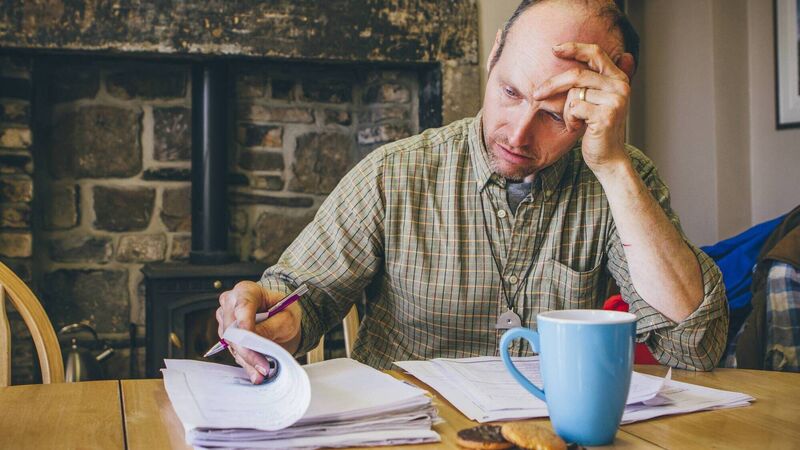People with disabilities facing increasing difficulties in finding somewhere to live

The Inclusion Ireland and Independent Living Movement Ireland report said many disabled people find it hard to apply for housing.
People with a disability are experiencing their own housing crisis, with a new report calling for a transparent, centralised waiting list that details the number of disabled people actually waiting for somewhere to live.
The report was compiled by Inclusion Ireland and Independent Living Movement Ireland and is based on input from six focus groups who discussed housing issues last July, ahead of the launch of a campaign seeking changes in the Housing Strategy for Disabled People, which is currently being developed by The Housing Agency.










